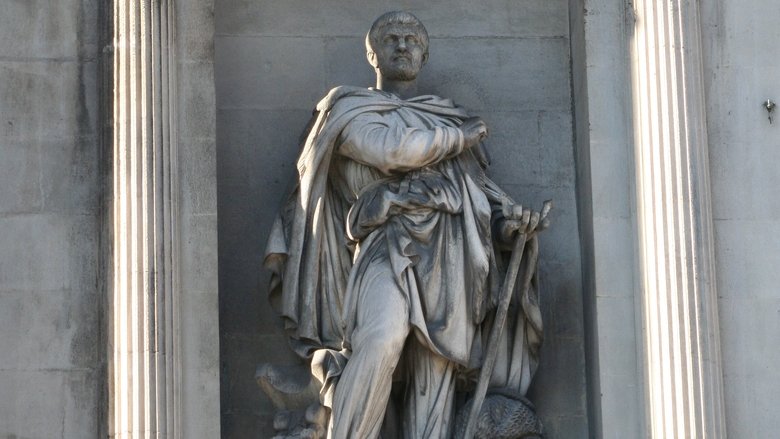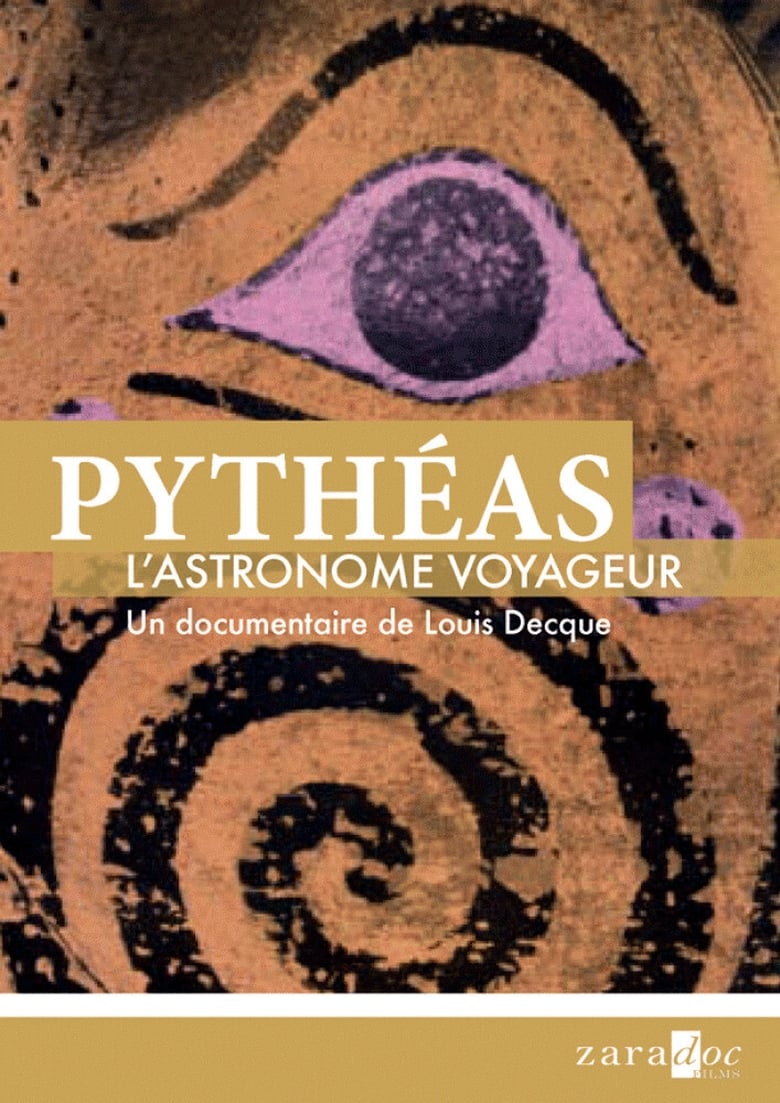Loading


Pythéas, l'astronome voyageur
Genres
DocumentaryHistory
Overview
Details
Budget
$0
Revenue
$0
Runtime
0 min
Release Date
2013-11-13
Status
Released
Original Language
French
Vote Count
1
Vote Average
9
Cast
Meet the talented actors who bring the movie to life.
Xavier Corré
Himself
Yvon Georgelin
Himself
Michel Marcelin
Himself
Didier Pralon
Himself
Germaine Aujac
Herself
Barry Cunliffe
Himself
Patrice Pomey
Himself
Jean-Paul Le Bihan
Himself
Monique Mund-Dopchie
Herself
Didier Néraudeau
Himself
Pascal Arnaud
Himself
Jacques Hansen
Narrator (voice)
Similar Movies
Explore movies similar to this one that you might also enjoy.
0.0
The Canal Map of Britain
A look at Britain's beloved canal network via a fact-filled cruise along the first superhighways of the Industrial Revolution. In the age before mechanisation, a frenzy of canal-building saw a new army of workers carve out the British landscape, digging out hundreds of miles of waterways using picks, shovels and muscle.
2024-03-15 | en
7.4
Amazones, femmes guerrières de l'Antiquité
2024-03-07 | fr
0.0
The Silent Pulse of the Universe
Part of the Almost Famous series. Jocelyn Bell was a graduate student at Cambridge in 1967 when she pushed through the skepticism from her superiors to make one of the greatest astrophysical discoveries of the twentieth century. While Jocelyn was belittled and sexually harassed by the media, the Nobel Prize was awarded to her professor and his boss.
2021-07-24 | en
0.0
Xantipa
1958-08-22 | cs
5.0
Frine cortigiana d'Oriente
1953-12-02 | it
6.6
Turtle: The Incredible Journey
The story of a little loggerhead turtle, as she follows in the path of her ancestors on one of the most extraordinary journeys in the natural world. Born on a beach in Florida, she rides the Gulf Stream up towards the Arctic and ultimately swims around the entire North Atlantic across to Africa and back to the beach where she was born. But the odds are stacked against her; just one in ten thousand turtles survive the journey.
2009-10-01 | en
0.0
Only Ghosts in the Waves
Enrico Naso is an undertaker in Lampedusa. Constantly confronted with the death that lurks everywhere on this remote rock in the middle of the Mediterranean Sea, Enrico has chosen life, immersing us in what it means to be human.
2025-04-06 | it
7.8
The Pink Floyd and Syd Barrett Story
The full bizarre, tragic but celebratory story of Syd Barrett, the co-founder of Pink Floyd.
2003-03-24 | en
6.0
Survival Island
Standing almost alone in the great Southern Ocean, South Georgia island plays host to some of the largest concentrations of animals anywhere on Earth during the spring and summer months. This is the story of these vast animal cities, and of the order that lies beneath their seeming chaos.
1996-01-01 | en
0.0
Beyond the White
In Northern Russia, a few dozen people still live in their traditional houses surrounded by water, stone, and sand. Cut off from vital infrastructure, almost forgotten by regional governance, these people have to cope with their everyday struggles.
2021-09-24 | en
0.0
Paname: The Ghost of the Great Frenchman
Ferdinand de Lesseps, known as “The Great Frenchman”, will embark in the greatest adventure of his life: To unite the Pacific and Atlantic oceans through a Canal in the Isthmus of Panama – without knowing that this will cost him his reputation, thousands of innocent lives and the biggest financial scandal of all time, up to that point: the famous “Scandal of Panama”. Today, the French capital is known as “Paname”.
2018-11-21 | fr
6.8
Mysteries of the Terracotta Warriors
Thousands of terracotta warriors guarded the first Chinese emperor's tomb. This is their story, told through archeological evidence and reenactments.
2024-06-11 | en
6.5
The Battle of the Somme
A documentary and propaganda film which shows the British Army's preparations for, and the early stages of, the battle of the Somme.
1916-08-21 | en
0.0
The Guanche Mummies of Tenerife
Documentary that discovers all the secrets of mummification in the Canary Islands thanks to pioneering research. Regis Francisco López approaches the mummification techniques that took place in Tenerife for more than 10 centuries.
2020-11-18 | es
7.3
Mont Saint-Michel: The Enigmatic Labyrinth
Over the centuries, Mont Saint-Michel, an extraordinary island located in the delta of the Couesnon River, in Normandy, France, a place floating between the sea and the sky, has been a sanctuary, an abbey, a fortress and a prison. But how was this architectural wonder built?
2017-12-24 | fr
8.0
The Mystery of the Med Rings
Explore the mysterious giant rings of the Mediterranean, buried at a depth of 120m, with the world-famous Laurent Ballesta, world-renowned diver and his team, to understand the origin of these unique and unknown formations.
2025-05-03 | fr
0.0
Les roches sous-marines, oasis de vie en Méditerranée
2019-11-03 | fr
7.0
Braddock's Road: A Legacy Unearthed
Built in 1755 at the height of the French and Indian War, Braddock's Road was one of the nation's most infamous military roads. Traces of this historic route, in western Maryland, still remain, buried beneath soil and brush, and a team of archaeologists is on the hunt.
2022-11-30 | en
7.7
The King's Speech
The King's Speech tells the story of the man who became King George VI, the father of Queen Elizabeth II. After his brother abdicates, George ('Bertie') reluctantly assumes the throne. Plagued by a dreaded stutter and considered unfit to be king, Bertie engages the help of an unorthodox speech therapist named Lionel Logue. Through a set of unexpected techniques, and as a result of an unlikely friendship, Bertie is able to find his voice and boldly lead the country into war.
2010-11-26 | en
7.0
Larger than Life
The story of an Icelandic power lifter, Jón Páll Sigmarsson who was four times the World's Strongest Man.
2006-09-08 | is